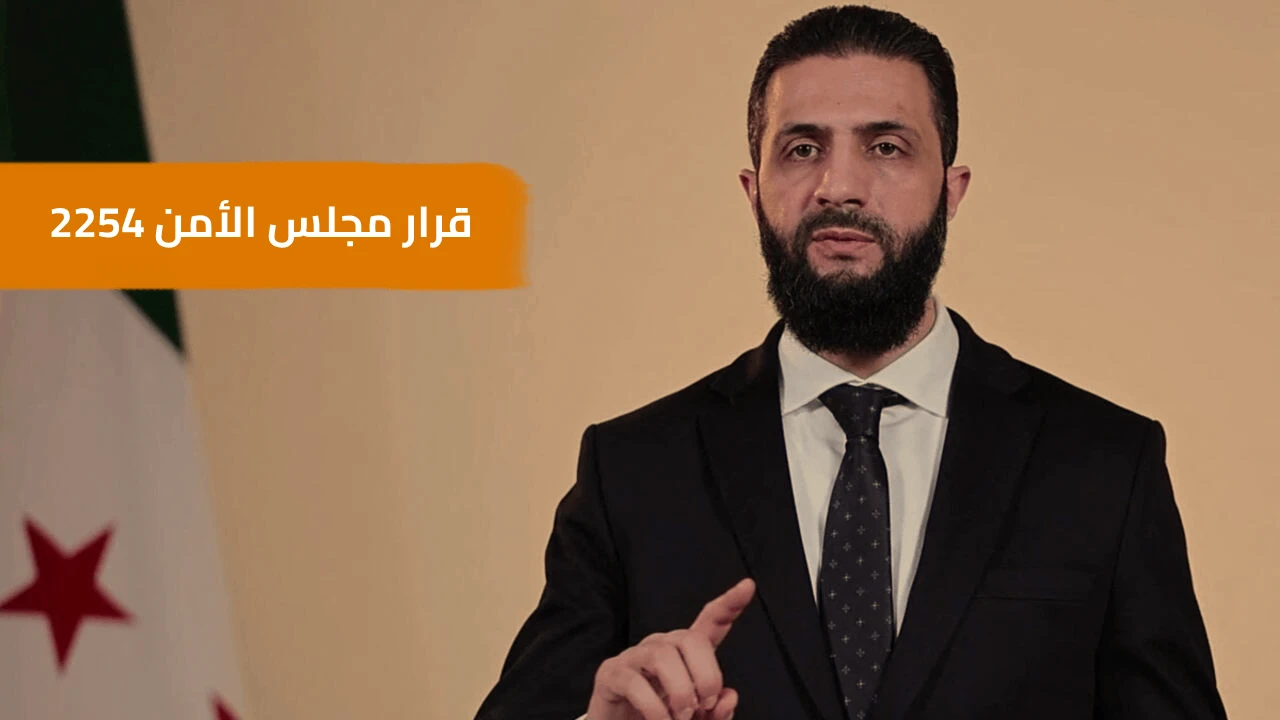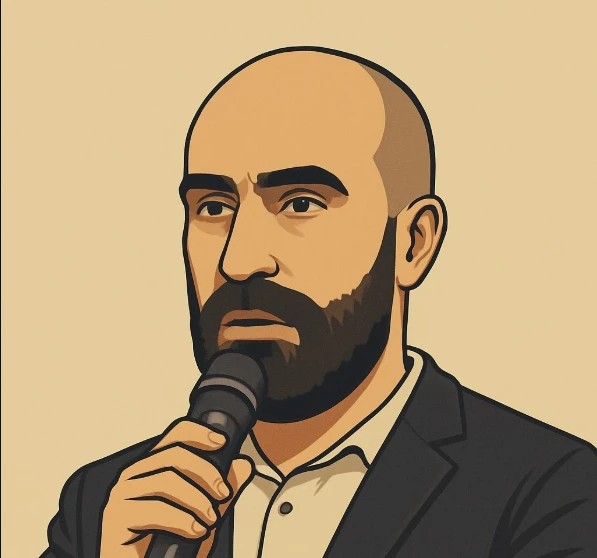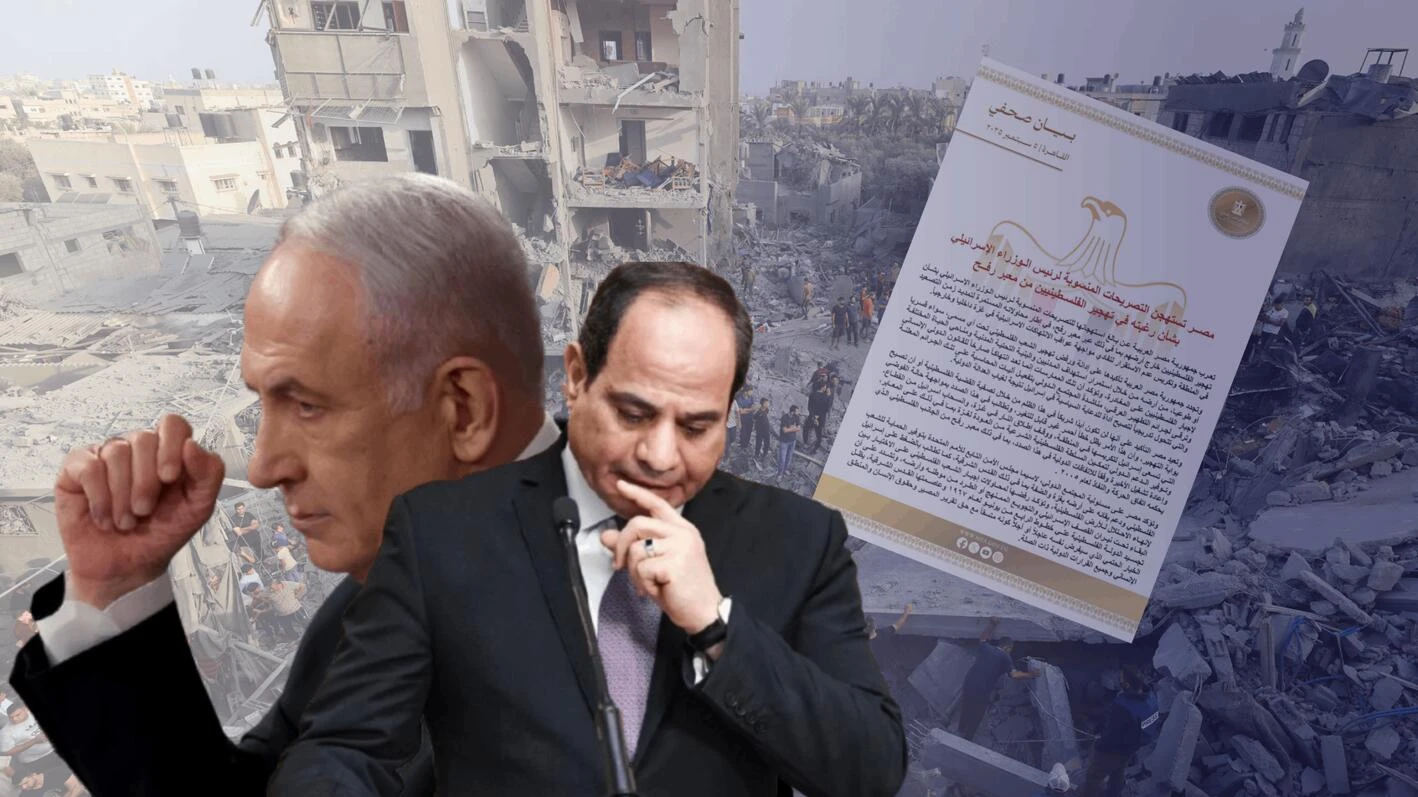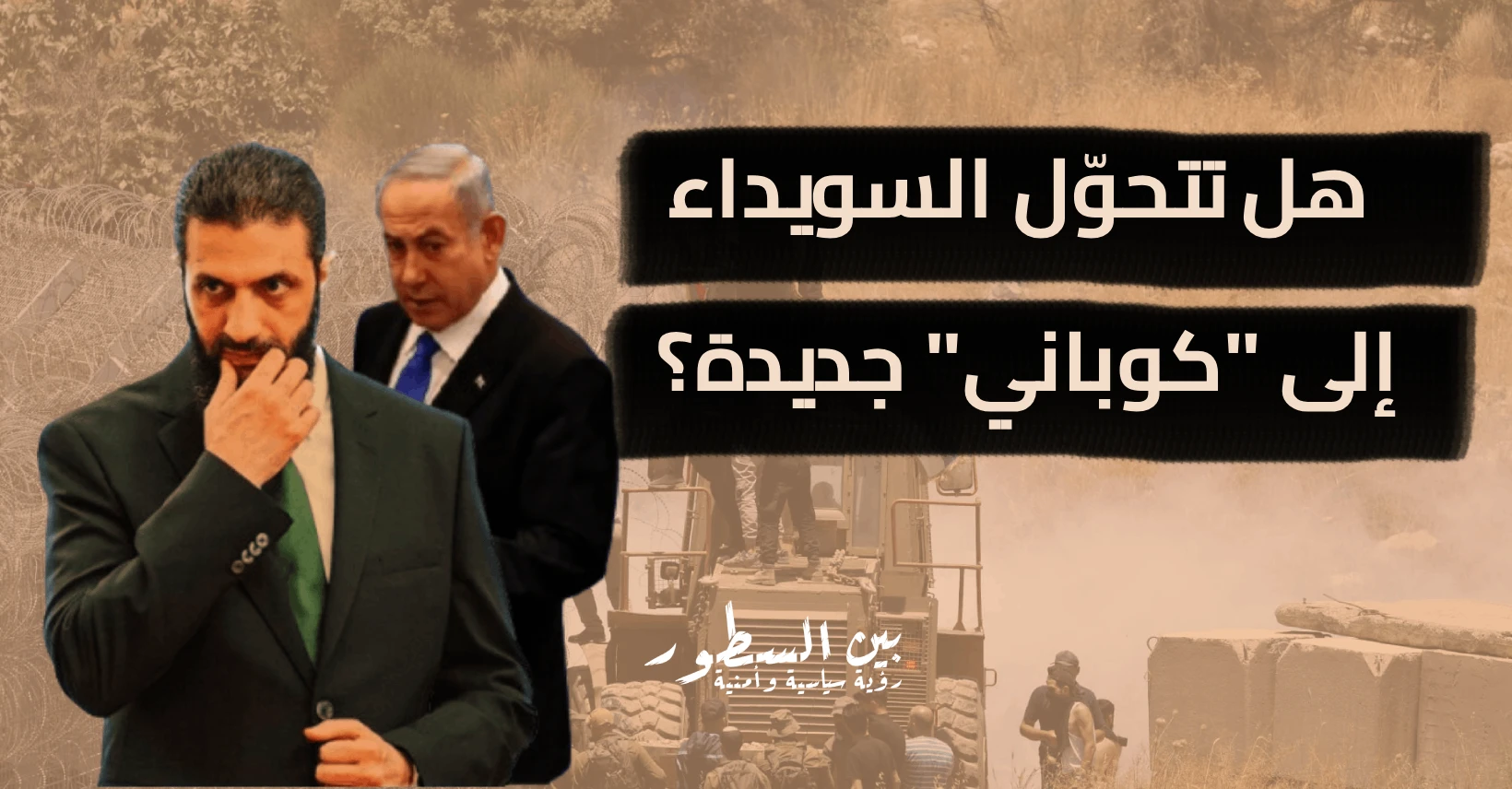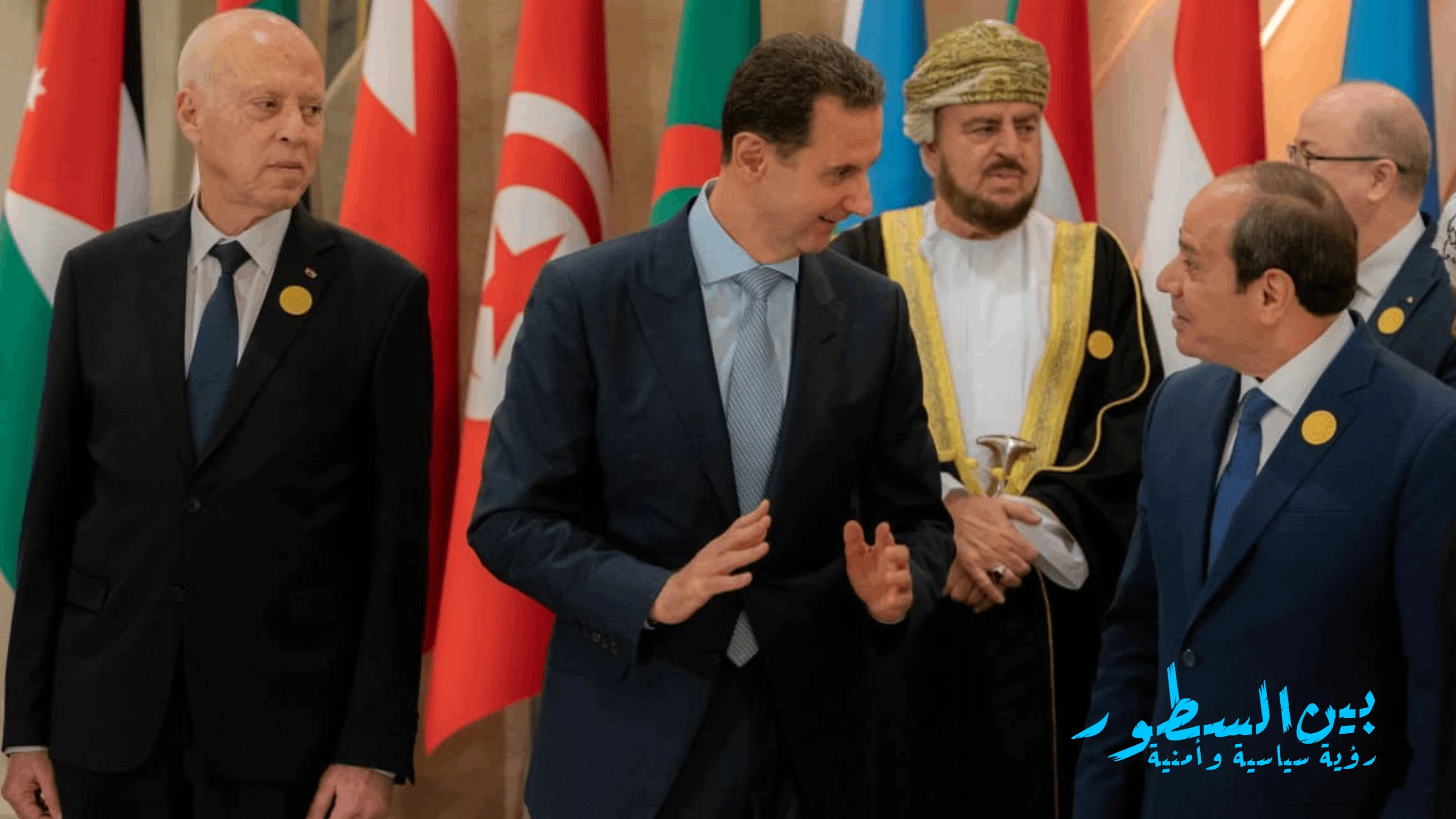The Legend of Preemptive Security: Why Does the Egyptian Opposition Fail? And How to Stop the Bleeding?
This is an AI-generated English translation. The original text is in Arabic.
Every time someone from the opposition falls or returns to Egypt declaring supportive positions for the current Egyptian regime after having been one of its staunchest opponents, even if only in the media, voices quickly rise from within (the opposition) to say: "He was an agent from the beginning" or "He was infiltrated among us" or "We knew he was like that from the start".
This ready-made narrative and packaged accusations provide everyone with psychological comfort⦠but they also prevent us from confronting the truth.
Between Neutralization and Recruitment
It is not necessarily the case that someone returning to Egypt is an agent (in revolutionary logic) from the very first moment; I can almost assert that what is happening is a result of the regime's success in neutralizing some of its opponents, or even recruiting them later. This is a success we must acknowledge instead of hiding it behind the label of "agent." The Egyptian regime possesses many qualifications that enable it to neutralize these individuals, either through blackmailing their relatives or exploiting personal weaknesses of each target, in addition to international cooperation from countries where the opposition resides. Furthermore, the ease of falling into legal traps, as happened in the case of Ali Hussein Mahdi, according to circulating reports, facilitates the Egyptian regime's demands for him and makes it easier for the host country to hand him over or at least not provide him with the necessary protection.
The Role of the Opposition in Creating Its Own Adversaries
Sometimes, the regime is not solely responsible for the downfall of these individuals into this quagmire; rather, the poor management of the opposition itself is the most significant reason, as sharp disagreements still dominate all parties. The opposition continues to operate on the principle of "No, he is not one of us" and the methodology of betrayal and exclusion. We saw this clearly in the interview with Dr. Mahmoud Hussein - the acting guide - of the Turkey front, in his episode broadcast on the anniversary of the Rabaa al-Adawiya massacre.
All these factors, along with the lack of trust due to the security policies practiced by the regime, which have made the opposition always suspicious of every member, lead some individuals to feel that their adversaries within the opposition are harsher than their adversaries in the regime, and that there is no point in standing against the stronger current - the regime's current. Thus, the ease of returning, even with its severe repercussions, becomes a strong option at many times.
The absence of open channels and mutual respect among the components of the opposition has facilitated the regime's task of infiltrating it and winning over some of its members.
The Double-Edged Sword: Recruitment from Both Sides
Just as the regime sometimes succeeds in infiltrating the ranks of the opposition, there are also cases where the opposition has succeeded in infiltrating the regime's institutions and obtaining sensitive leaks. Ironically, some of these sources have come from individuals within the regime's media or those associated with its prominent figures.
Confronting the Self Instead of Myths
Ali Hussein Mahdi will not be the last, just as Hossam al-Ghamri was not, and defections and returns will continue if the opposition insists on interpreting every defection or downfall as "betrayal from the beginning." By doing so, it closes the door to any genuine review of its ranks and repeats the same mistakes, which will ultimately lead to only a few remaining in the ranks day by day⦠until no one is left.
From Individual Falls to Collapse of the Ranks: How Can the Opposition Stop Its Bleeding Before Classification Destroys It?
If the Egyptian opposition wants to stop the bleeding of defections and returns to the regime's ranks, it must first confront itself before confronting its adversaries by reforming the internal structure of the opposition as a whole and gathering rather than fragmenting, fostering trust instead of betrayal through various means, including:
- Breaking the Culture of Betrayal and establishing a charter that prohibits accusations of collaboration without evidence, along with creating an internal mechanism for investigation instead of settling scores publicly, which weakens the internal structure of the opposition and raises suspicion among its members.
- Improving Conflict Management among its various components (Islamic, civil, nationalist...), and creating dialogue platforms that focus on commonalities instead of amplifying differences.
- Maintaining Communication Channels with Everyone, even with those differing or suspected of being close to the regime, as some may return if they find a safe environment for containment.
- Developing Legal and Political Protection for threatened opponents, supporting them through networks of lawyers and human rights organizations, and gaining the sympathy of international public opinion.
- Establishing a Unified International and Media Pressure Strategy, based on coordinating the discourse among various opposition platforms, so that efforts complement rather than contradict each other. This strategy should include continuous communication with Western media and international human rights organizations to present violations in a documented and systematic manner, clarifying that the repression of opponents â including the "classified" â is a political tool in the hands of the regime, not merely a security issue. The movement should be organized, long-term, and aimed at changing the image of the opposition abroad and breaking the official narrative promoted by the regime, rather than merely addressing the internal audience, including publishing in different languages, not just Arabic.
Solutions and Avoiding the Classification Trap
One of the most important tools the Egyptian regime uses against the opposition is the strategy of classification, by accusing all its adversaries of terrorism, and then pressuring Western powers to adopt this narrative, allowing it to sort the opposition into "classified" and "non-classified." This sorting pushes many political forces to distance themselves from the "classified" out of fear of legal or political association with them, leaving them to their fate, while the regime focuses its strikes on the most influential and dangerous.
The solution does not lie in adopting or defending acts of violence, which give the regime a complete pretext to pursue everyone internationally and regionally, but rather in formulating a smart dual position in terms of:
-
Principled Rejection of Violence as a Tool for Political Action within Egypt, ensuring protection for the opposition's path and preventing additional pretexts for internal and external repression, and emphasizing that armed resistance to the regime, similar to the Syrian model, is not feasible in Egypt due to the different nature and components of the people.
-
Political and Legal Defense of the Rights of All Opponents, Including the Classified, by demanding fair trials and rejecting extrajudicial killings and enforced disappearances, and exposing the use of classification as a tool for settling political scores.
In this way, the opposition can maintain its cohesion and prevent the regime from isolating and targeting the weaker elements first, then moving on to the rest of the ranks, a strategy that often ends with "I was eaten the day the white bull was eaten."


